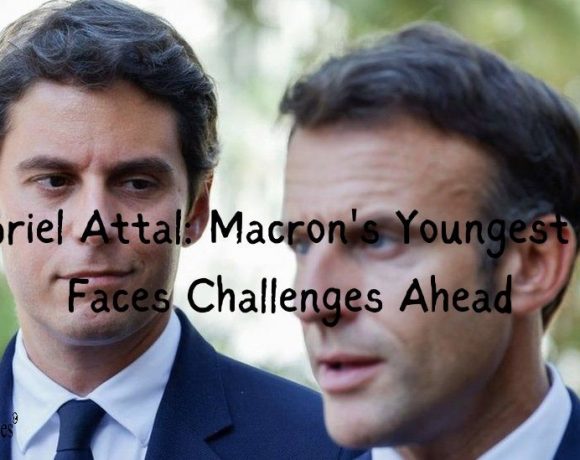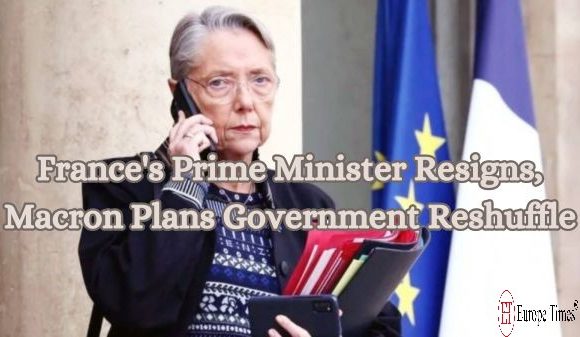
Gabriel Attal’s ascension to the position of France’s youngest prime minister at 34 marks a significant move by President Emmanuel Macron to reinvigorate his presidency. Attal, who currently serves as the education minister, has experienced a meteoric rise in politics, transitioning from an obscure health ministry adviser a decade ago to becoming the first openly gay occupant of Hôtel Matignon. His association with Macron and his reputation as a skilled debater played crucial roles in his swift political ascent.
However, Attal inherits a challenging political landscape characterized by a resurgent right-wing opposition, a lack of parliamentary majority, and a president struggling to articulate a clear vision for his second term. The appointment, while strategically made to infuse new energy into Macron’s administration, raises questions about whether Attal can provide the much-needed sense of purpose and direction demanded by the public.
As Attal takes on the role previously held by Élisabeth Borne, who faced difficulties during her 20-month tenure, he must confront not only external challenges but also assert his authority over influential figures within the government, such as Gérald Darmanin and Bruno Le Maire. Additionally, with the upcoming European elections posing a potential setback for Macron’s party, there is speculation about how Attal will navigate the political landscape should the party face significant losses.
While Attal is acknowledged as a class act, respected and liked in the National Assembly, questions linger about the substance of his political stance. Some critics perceive him as a reflection of Macron, raising concerns about whether he brings a unique perspective or is merely a protegé of the president. As France looks toward the future under its youngest-ever prime minister, the success of this appointment will be contingent on Attal’s ability to address the multifaceted challenges and provide a distinct identity to Macron’s presidency.
Picture Courtesy: Google/images are subject to copyright

